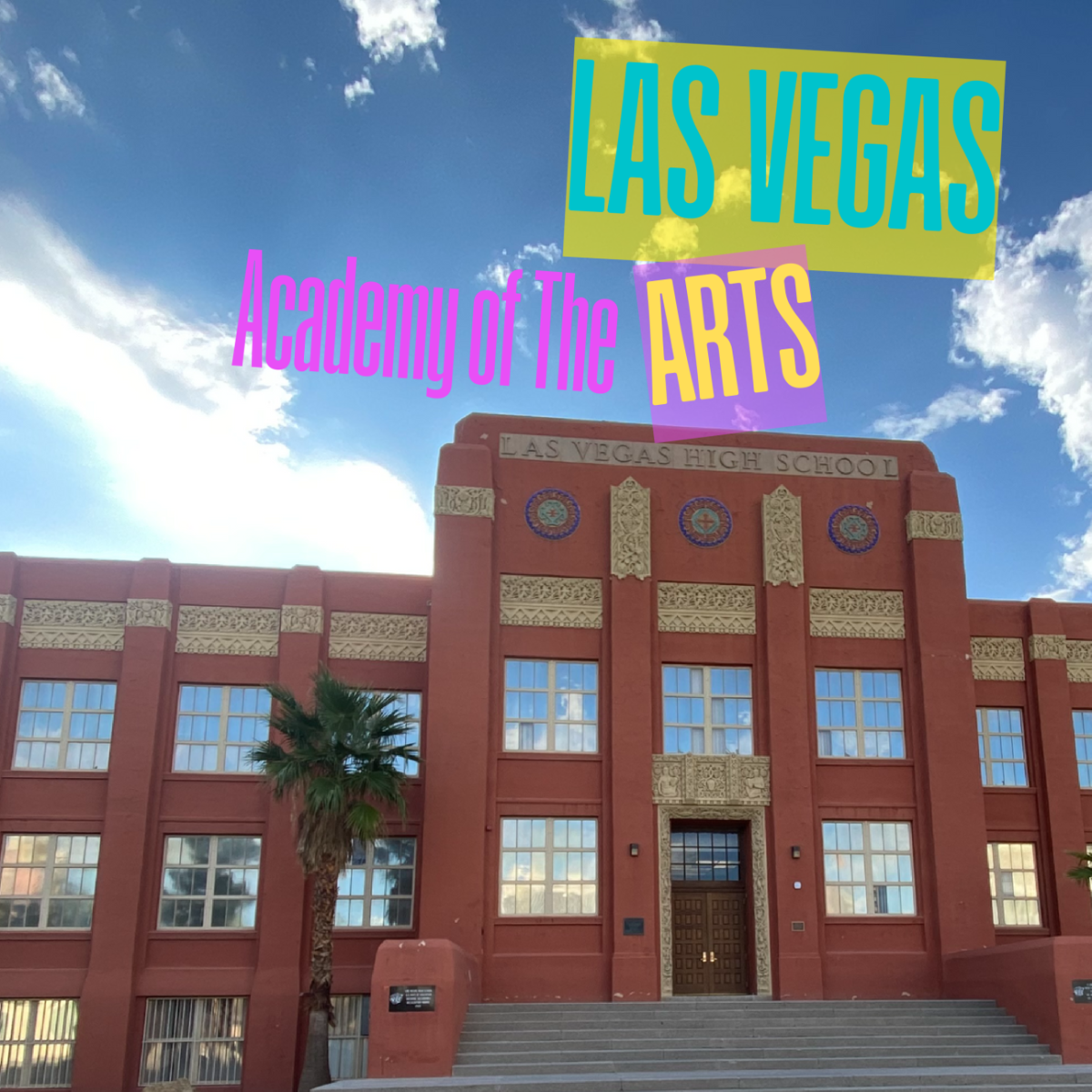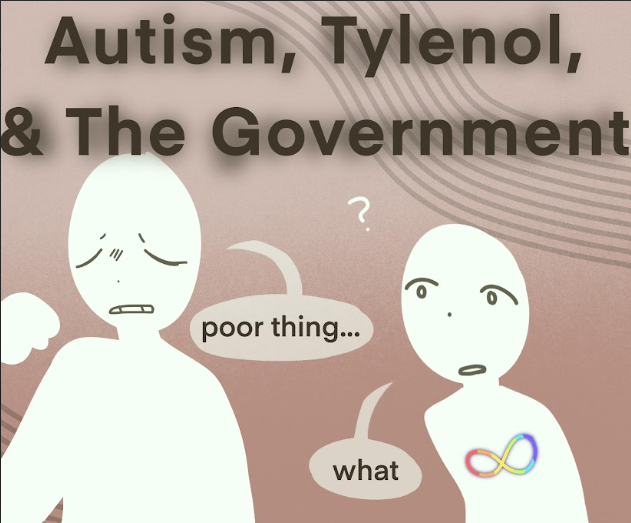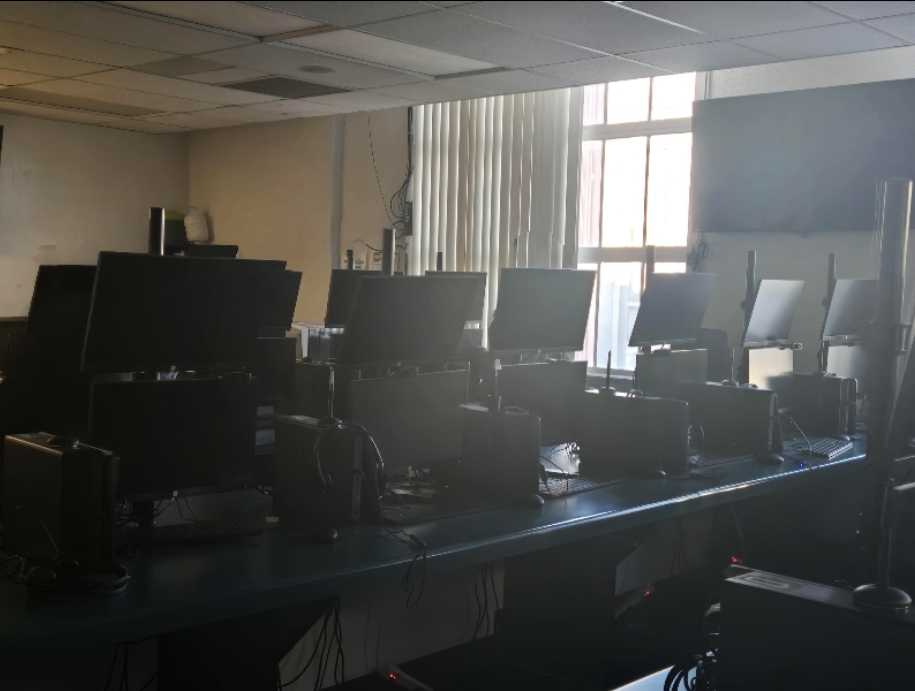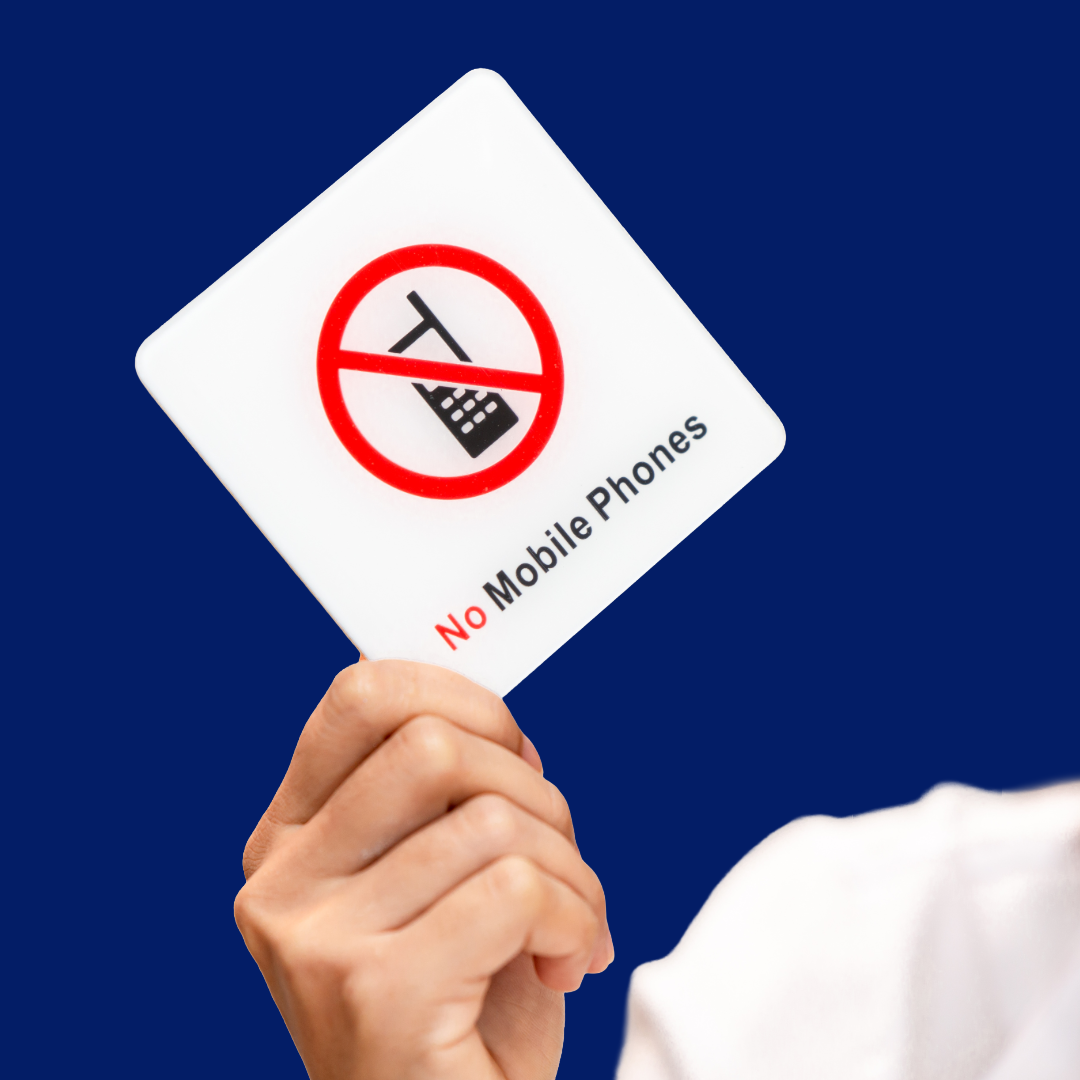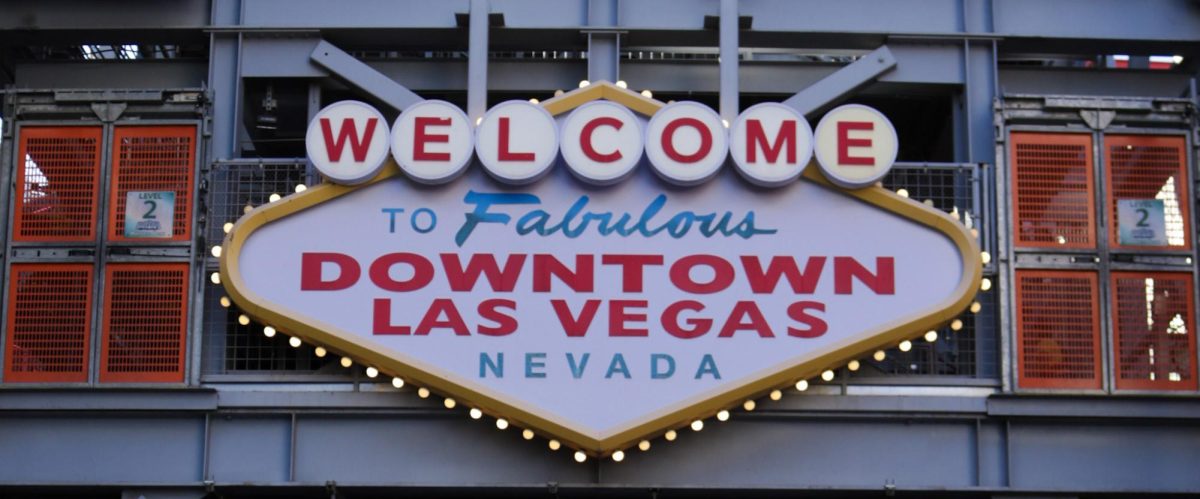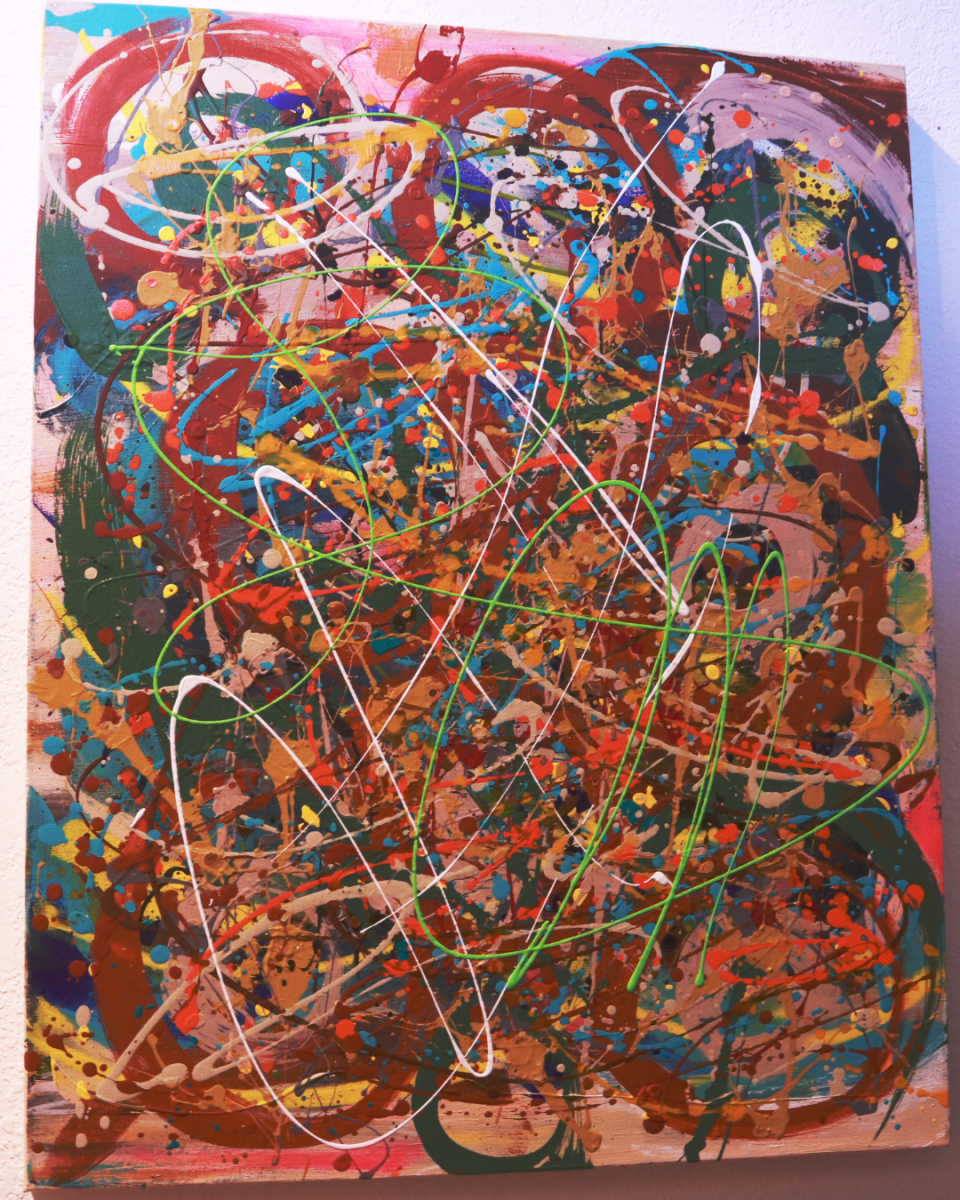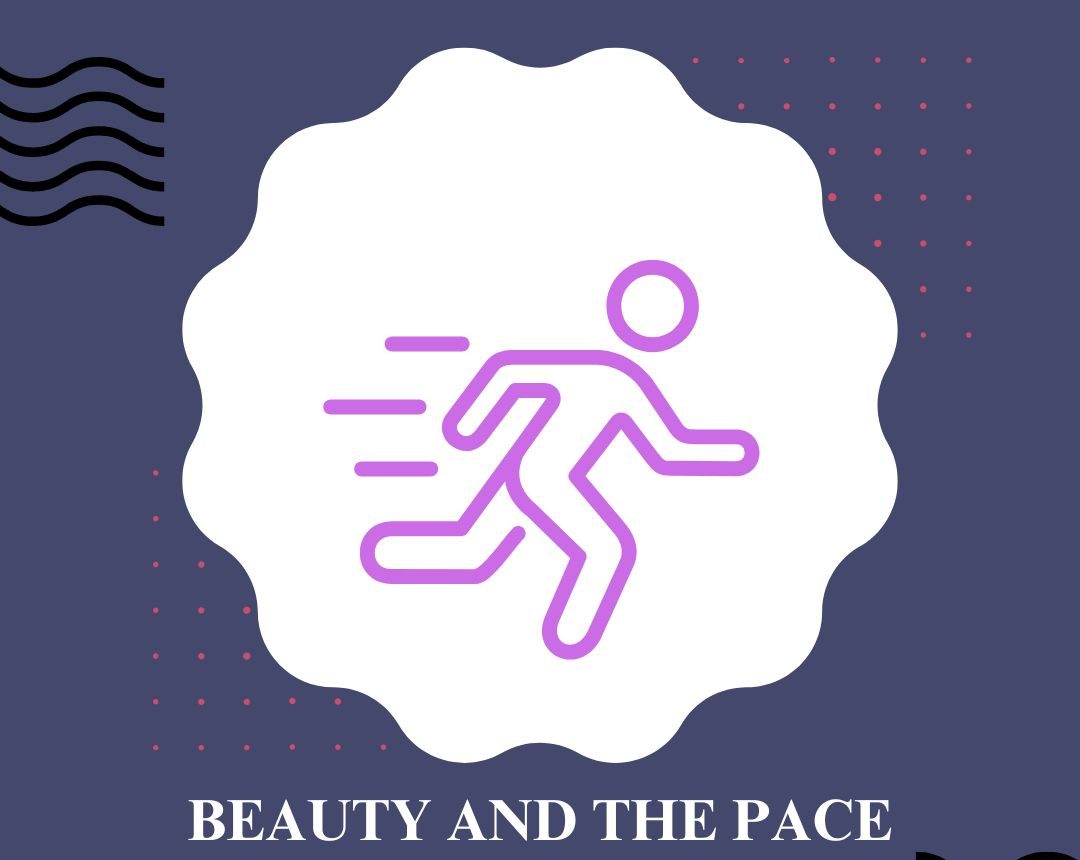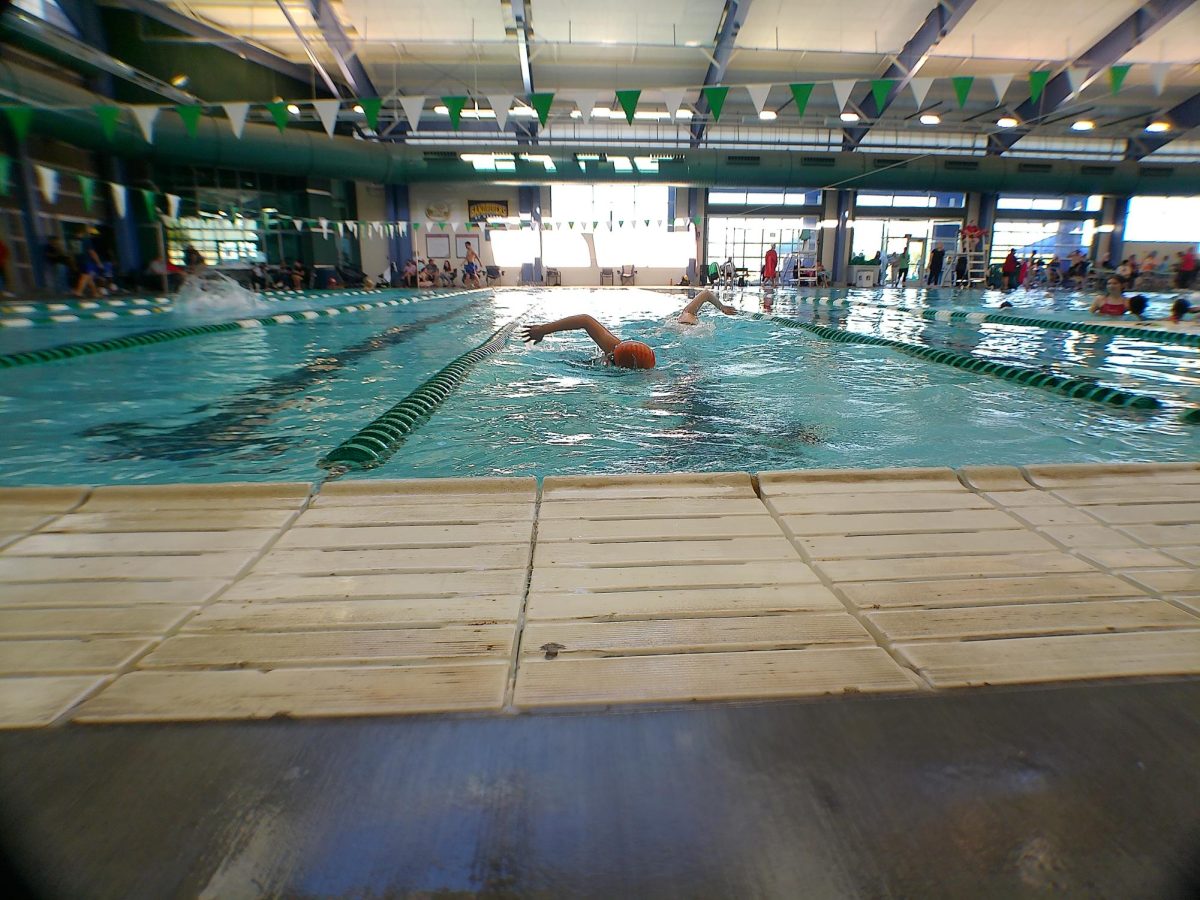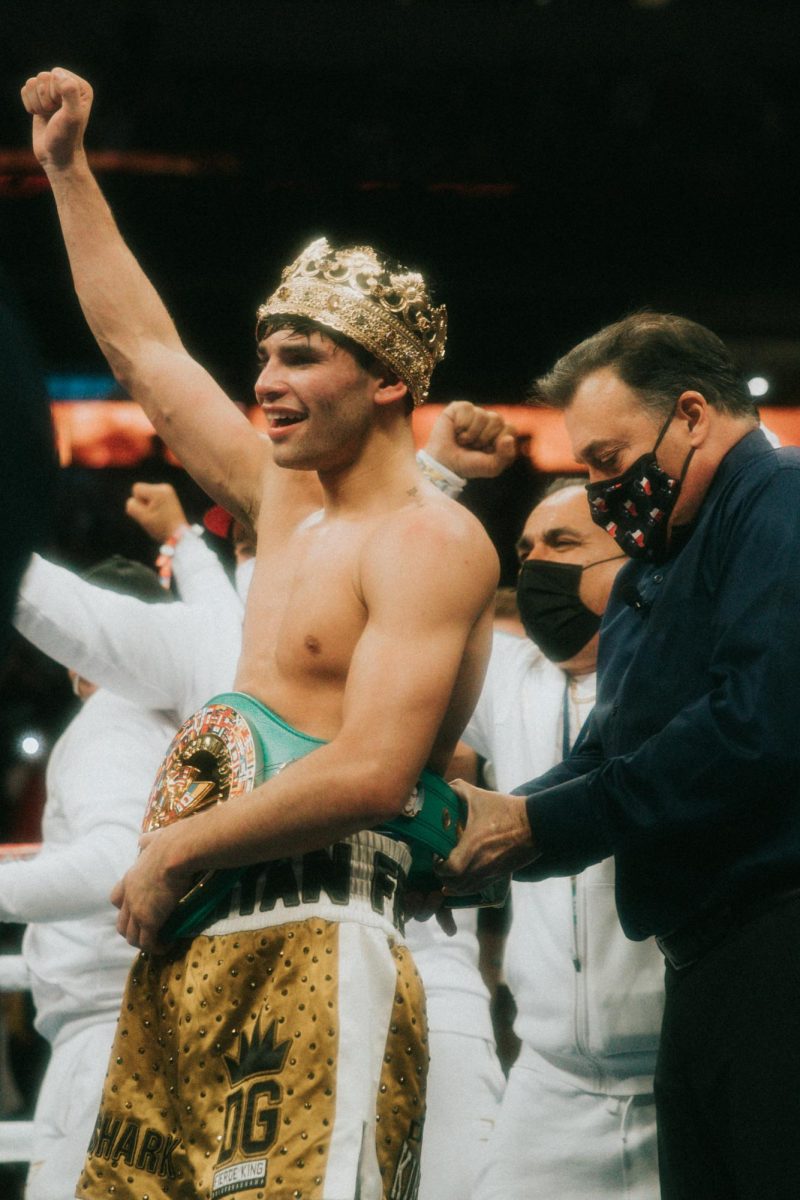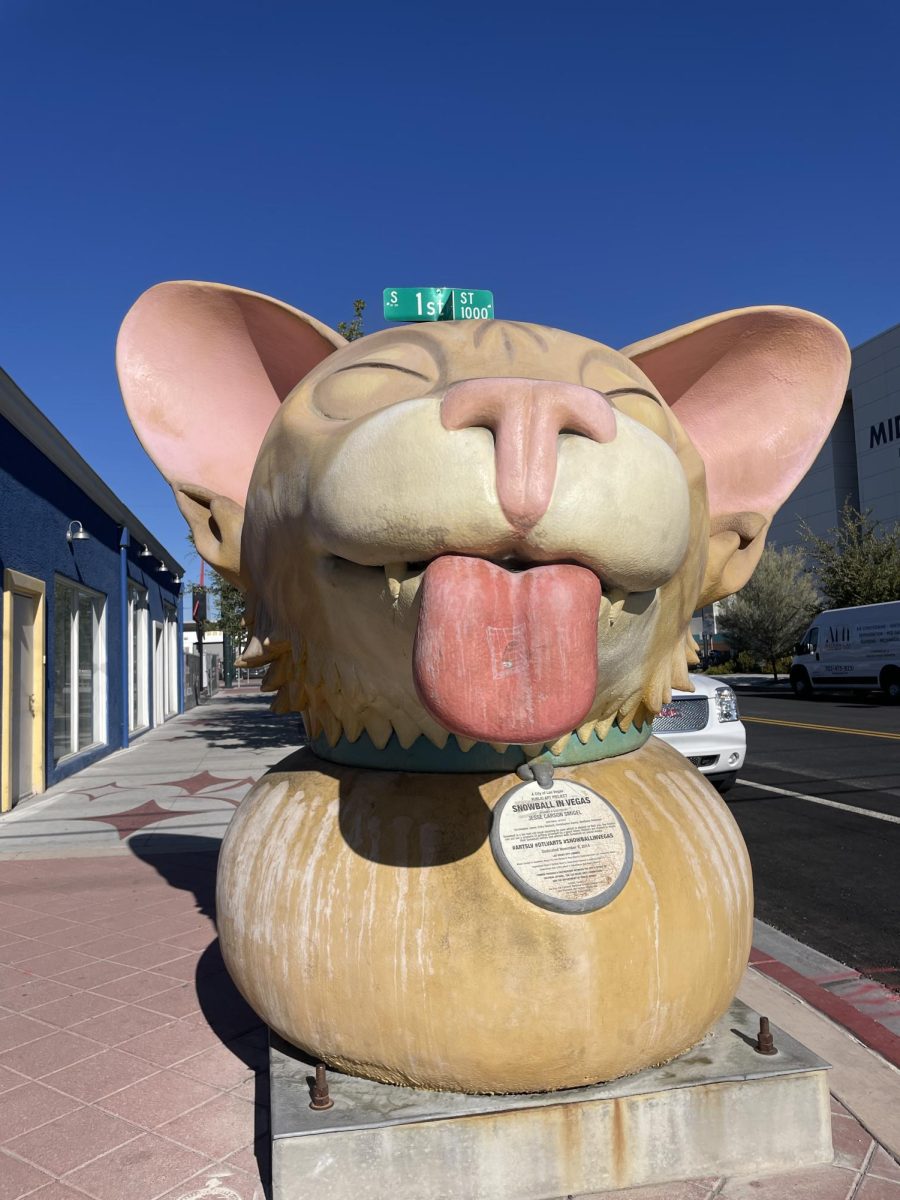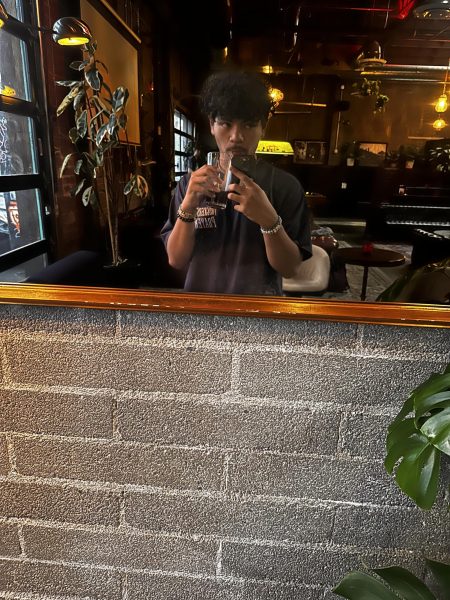Anthony Bourdain was not your average chef. He was not your Julia Childs or the family household names everyone knew back then. Bourdain crashed into television like George W. Bush dodging a flying shoe, sudden, messy, and unforgettable. He was the anti Food Network host, the kind of guy who would rather sit on a broken stool eating pho at midnight rather than smile in a studio and make your Grandma’s chocolate chip cookies. Watching Anthony felt like stumbling into a late night basement show, chaotic, alive, and too loud to ignore.
Landon Lambach, an LVA guitar major, artist, and Bourdain fan, said, “Anthony Bourdain was one of my favorite show hosts, especially the episode of him in Greece. It was definitely one of my favorites. I really liked how he went around Greece, talking to the locals, and just having a good time. And he shows the difficulties in Greece and what it’s really like.”
That’s what made Bourdain so great. He wasn’t another smiling chef that would tell you to add a pinch of this or that. He would tear down walls between culture,travel, and food and replace them with raw footage of humanity. One noodle bowl at a time.
President Barack Obama, who famously shared a $6 meal with Bourdain said, “He taught us about food: but more importantly but more importantly, about making us feel a little less afraid of the unknown. We’ll miss him.”
Bourdain didn’t just cook or just eat on TV. He rewrote what food television meant. He made it Gonzo, made it journalism, made it messy in the best way possible. He showed the world that it isn’t about Michelin Stars: It’s the experience that Anthony shows on camera that really gravitates his audience to his show. The experience is about the people, culture, connections, and stories that were often left in the dark. And like Bush dodging that shoe, his impact hit hard and fast, leaving a mark that is still flying through the air today.

